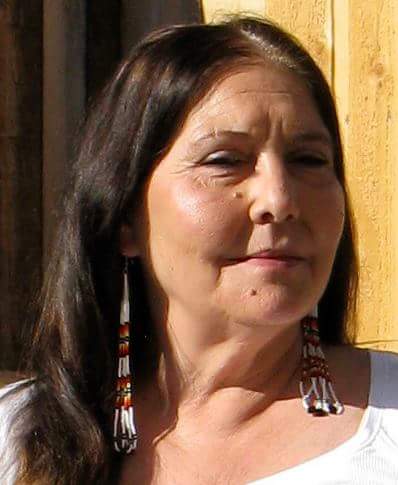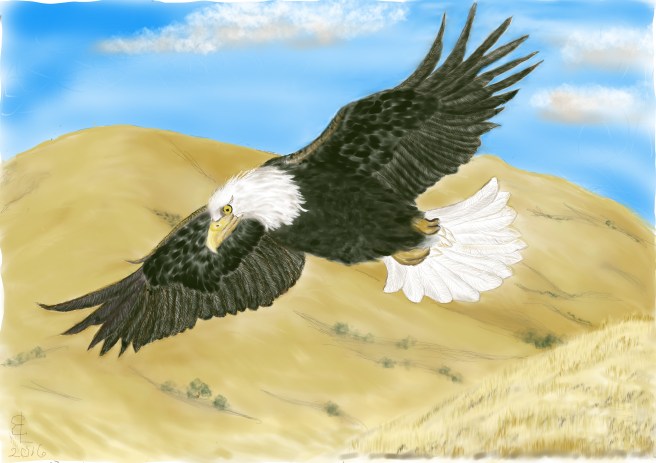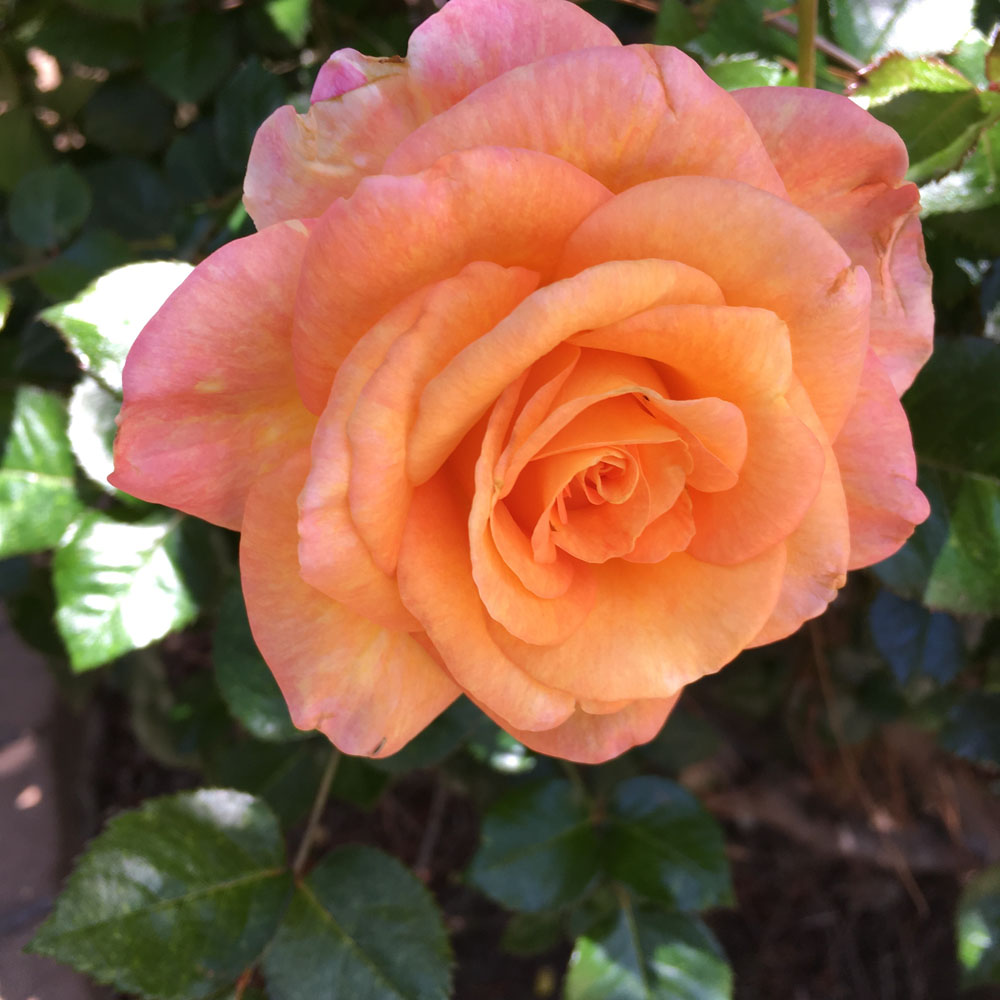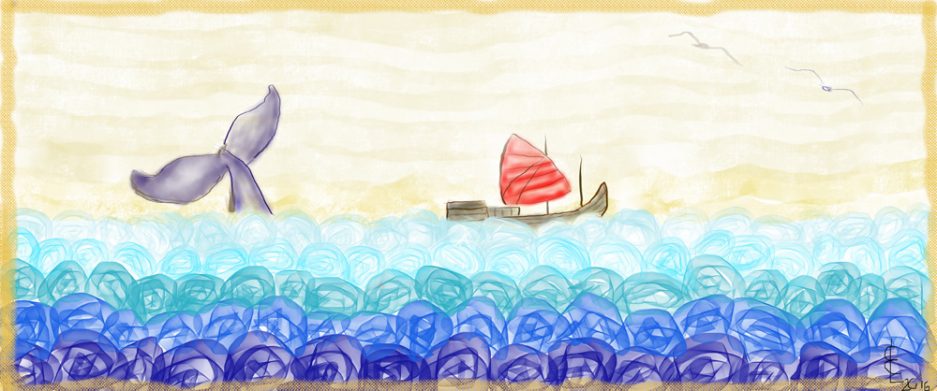At midnight between last Saturday and Sunday the warm hearted person, a friend to so many different kinds of people, Paula Bidwell, died of a heart attack in her Pocatello, Idaho home. This after a period of failing health. Hearing this only last night (Tuesday), I felt, with the rolling tears, alternating honor at having known Paula, and awe at the breadth of her impact on so many.
As I sit writing this, she is being laid to rest at the Fort Hall Mission.
A prayer, from Paula’s heart:
Tunkasila with courage I am coming toward you,
with honor I am coming toward you.
Tunkasila in my sacrifice I am coming toward you,
in my forgiveness I am coming toward you,
in my silence and in my words I am coming toward you.
Tunkasila dry my tears and the tears of all who cry.
Tunkasila guide us as we come toward you in this work.
Mitakuye Oyasin
Mitakuye oyasin, in case you don’t know, means “all my relatives”.
Paula Bidwell, photo from her Many Hoops website

Paula Bidwell was of mixed Native American blood, Shawnee, Lakota, Cherokee, Delaware and Seneca, plus Northern Italian from her mother’s ancestry. Eventually that it was discovered her great grandfather Abeyah Young was a Lakota from the Rosebud Sioux reservation — for most of her life she had not known this. She grew up on that reservation, identifying with Lakota ways.
She made it her business to share that life with the broader world of people who have no idea, really, of what it means to be Native in today’s world. People who are unaware of the cultural genocide (and the physical genocide) that has been carrying out for three centuries against indigenous people in the Americas. People who are still being taught in most American schools a history of this country that is largely lies, where Native Americans are concerned. People who think Natives believe that something called The Great Spirit lives in rocks and trees — when it was and still is a common belief among many tribes that the Great Power (or whatever people call the Creator) is far beyond human understanding.
And yet…
The drive of her life was bringing together people from very different backgrounds, be they tribal or from any of the European, African, Asian and other contributors to the American gene pool. To shine light on the fact that on this small planet all the inhabitants are family. Development of the world has now come that far.
Before we get really serious about setting foot on other planets we ought to get ourselves united in our own place.
Paula made it her business to keep on top of Native American affairs all her life. As a member of the Baha’i Faith she discovered, a few years ago, the work of Baha’i scholar Christopher Buck, which uncovered the distinct possibility that for millennia in the Americas (and elsewhere) The People had been blessed with non-Adamic prophets. Meaning prophets not part of the Adam, Krishna, Moses, Buddha, Jesus Christ, Mohammed, The Bab and Baha’u’llah cycle. Messengers who taught indigenous people of the Americas ways of making peace, living in harmony with one another, governing themselves.
It was in an online course on that very subject at the Wilmette Institute two years ago that I first discovered the warm glow of Paula’s mind and her efforts to clear the air of long-standing misbeliefs about Native religions and practices. We were studying the impact of the Peacemaker, also known as Deganawidah, on the warring, cannibalistic tribes that later came together as the great Iroquois League. How his teachings turned the people away from destroying one another and into forming a government that was democratic in nature, that used consultation rather than warfare as a means of settling misunderstandings, of keeping people in harmony. A form of governing that had its effect upon the US Constitution.
The Peacemaker walked the earth in what is now mainly upstate New York and eastern Canada in the early 1030s, scholars now believe. In other words — around the time the Normans were getting ready to change merry old England forever.
My ancestors include some Normans, a lot of English, and, I had hoped, a dash on the Haudenosaunee (Iroquois). A DNA test, sadly, did not turn up evidence of a tribal presence in my family. Perhaps it was too far back, as such tests are accurate for only 100 to 200 years back. My maternal grandfather’s family lived in the Finger Lakes region of New York for many generations.
Paula and I had crossed paths in New Mexico, as she lived in Belén, my last home there — but several years prior to my arrival in that small city way south of Albuquerque. If that wasn’t enough, Paula had also been brought by my gregarious ex-husband, Yakov, to visit our three donkeys and mule. We think we met briefly at that time, though neither of us was quite positive. Yakov also brought along an Irishman named Brian O’Flanagan to meet the friendly donkeys. Brian and Paula were married a while later.
Physical meeting didn’t much matter, in any event, because once we started emailing we had so much to say. Paula suffered from diabetes, for one thing, had recently had a foot amputated and was trying to get around in a manual wheelchair. That is a very awkward thing to do, living in a small apartment with too many rugs. We shared experiences about living with handicaps, people we knew in New Mexico — but mostly our common desire to find harmony as descendants of the people who clashed so hard, starting in the 1600s. Like Paula’s close friend, Lea Gerlach, who lives in the South and is a direct Pilgrim descendant.
Paula and Lea together created an inspiring website called Many Hoops, which delves into all manner of traditions — and recipes — surrounding Thanksgiving. In their own words:
“We hope that each Thanksgiving, we become conscious that there is still the dilemma of race; red, black, white and yellow in the United States. That this Thanksgiving and future Thanksgivings we have the materials and tools necessary to focus on the fact that we are now a diverse people sharing a common land with the Indigenous population at the forefront. Whether that is by re-educating our families, friends and communities, helping our teachers and other educators to have access to responsible and authentic materials and activities, serving a native cultivated food using a Native recipe or if prayer is part of your Thanksgiving include a Native prayer, particularly one from the Wampanoag Nation. See Native American Prayers for Thanksgiving.
Let us make a new thanksgiving that joins the sacred hoops of all Nations.”
Many Hoops can be found at http://manyhoops.com/main.html
I cannot quite believe, yet, that this dear one is gone. The person I could rely on for answers, or at least direction, on questions regarding Native Americans, an eager advocate for her people who also reached out to others to learn their histories, finding the common ground.
As many, many people mourn your loss amongst us, your spirit soars with the eagles, Paula, my friend.



Thank you thank you for this post. I am numb with shock at the news of Paula’s passing. I participated in the Wilmette online course on Native American Spirituality last year, and shared many email exchanges with Paula. I am grateful that our paths crossed. I mourn her loss. Rest in peace.
LikeLiked by 1 person
I think I remember you from one of her courses. She leaves so many people feeling as we do, I think… Just shocked. She was too young, by far.
LikeLike
Appreciative of knowing Paula, although just a little through Diversity Dialogue on facebook. She possessed such a special, gentle, spiritual quality, which drew her to you💞🌿. She posted much that last day, was shocked to hear of her passing! Dear Paula, Ya Baha’u’l’Abha. 💖🌿💞💫💞🌿💖
LikeLiked by 1 person
Very sorry never to have met this great soul. We “met” through the Wilmette Institute and she taught me a great deal about the nature of real spirituality and about the history and suffering of the Native American peoples. Will offer prayers for the progress of her soul.
LikeLiked by 1 person
Thank you for this beautiful tribute, I shared it on the Wilmette Institute Facebook Page.
LikeLiked by 1 person
Please take note that Paula’s website http://www.nativebahais.com can now be accessed at http://www.indigenousbahais.com
LikeLike